-
×
 New Cheese
1 × ₦3,500.00
New Cheese
1 × ₦3,500.00 -
×
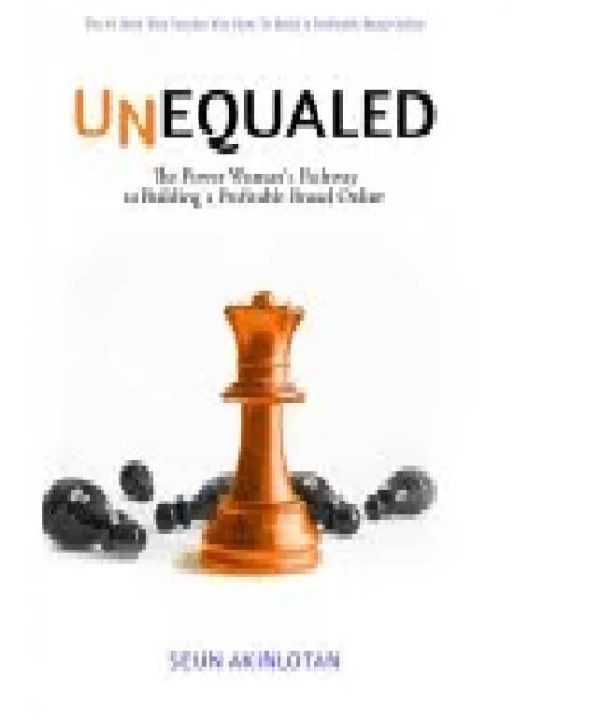 UNEQUALED: The Power Woman's Pathway to Building a Profitable Brand Online
1 × ₦3,000.00
UNEQUALED: The Power Woman's Pathway to Building a Profitable Brand Online
1 × ₦3,000.00
Basic Topics in Public International Law
₦20,000.00
This book stands out as a remarkable work of thought-provoking scholarship, reflecting the formidable academic prowess of its authors—renowned law scholars and professors at the University of Benin. Their deep expertise is evident as they explore foundational topics in international law, which serve as a gateway to understanding its evolving complexities. The book breaks down intricate concepts, making them accessible and practical. It promises to be an invaluable resource for students, practitioners, scholars, and policymakers alike, offering insightful guidance on core principles and contemporary issues in international law.
What sets this book apart is the insightful approach taken by its two distinguished authors. Instead of merely explaining international law concepts in abstract or from a Eurocentric lens, they skillfully frame their discussion around how international law responds to the unique circumstances of the African Continent. This perceptive method offers a more comprehensive understanding of the law’s application in diverse contexts. Two examples, in particular, stand out to illustrate this nuanced and regionally relevant perspective.
First, the authors provide a dynamic analysis of uti possidetis juris, diving deep into its origins and implications. They explore how this principle–rooted in colonial-era boundaries that ignored the cultural, social, and religious fabric of local populations–has fueled many of the ethno-religious conflicts that continue to afflict post-independence Africa. Their discussion sheds light on how these artificially imposed borders have sowed discord, leading to armed crises across the continent, and make a compelling case for a re-evaluation of this concept in light of Africa’s unique history and needs.
The second is in chapter Thirteen, where the authors sharply critique how international law scholars and policymakers often overlook the devastating impact of the slave trade and colonialism on Africa. They are particularly struck by the contrast between the ongoing discussions and reparations for World War II atrocities and the relative silence on the injustices of colonialism and slavery.
The book engages a broad audience – students, legal practitioners, scholars, and policymakers – by encouraging a more inclusive narrative that acknowledges these historical wrongs and their lasting effects.
5 in stock


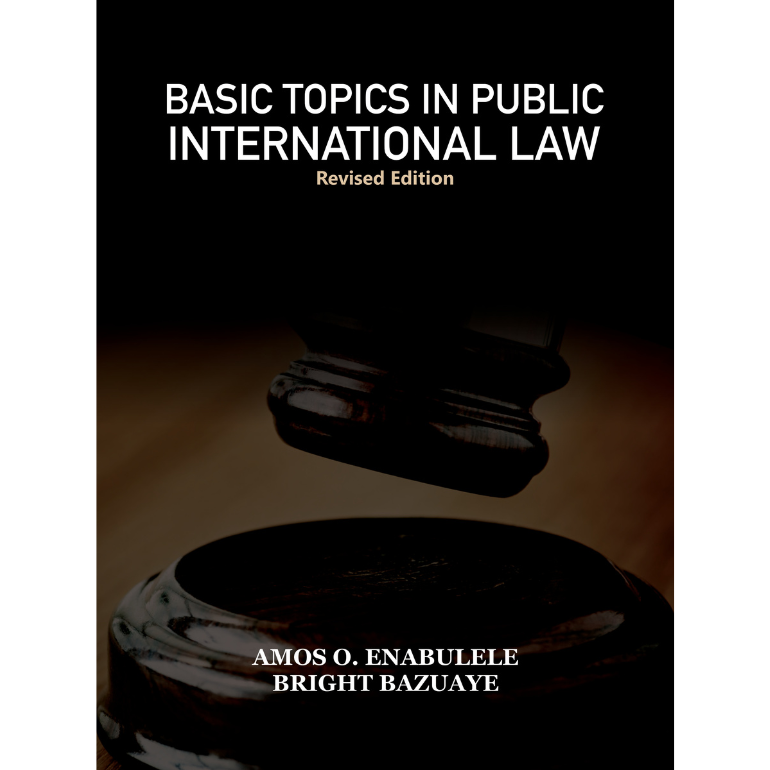


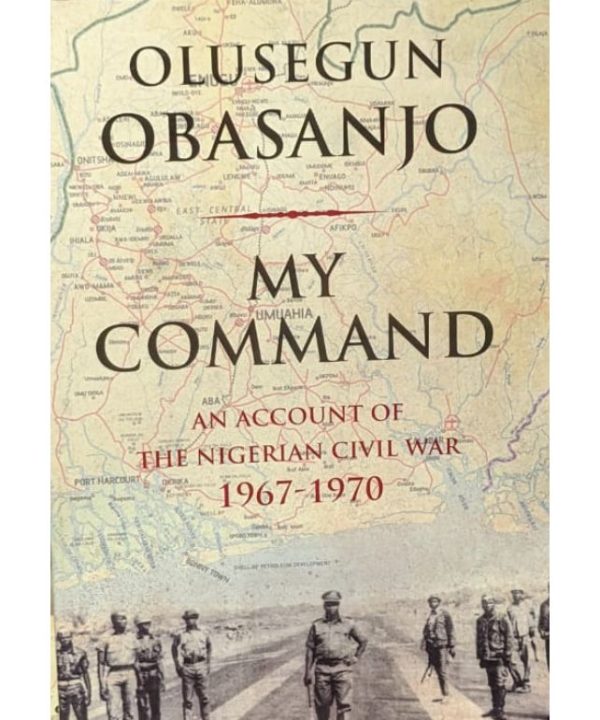
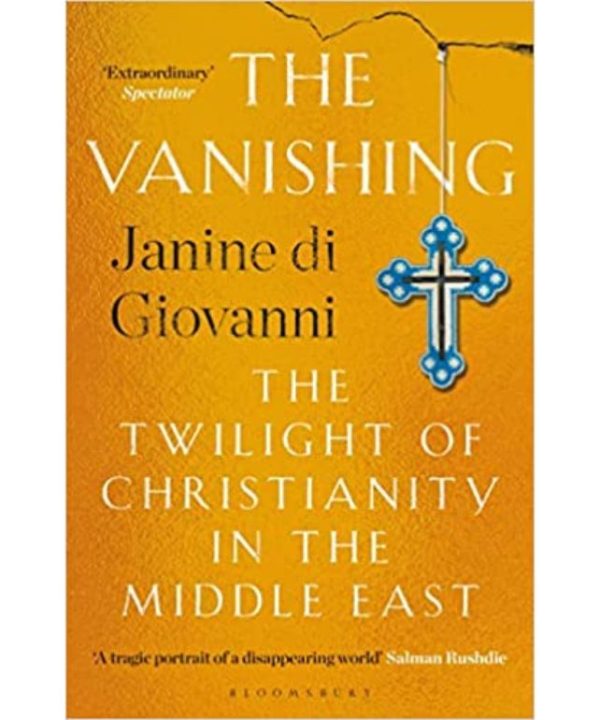



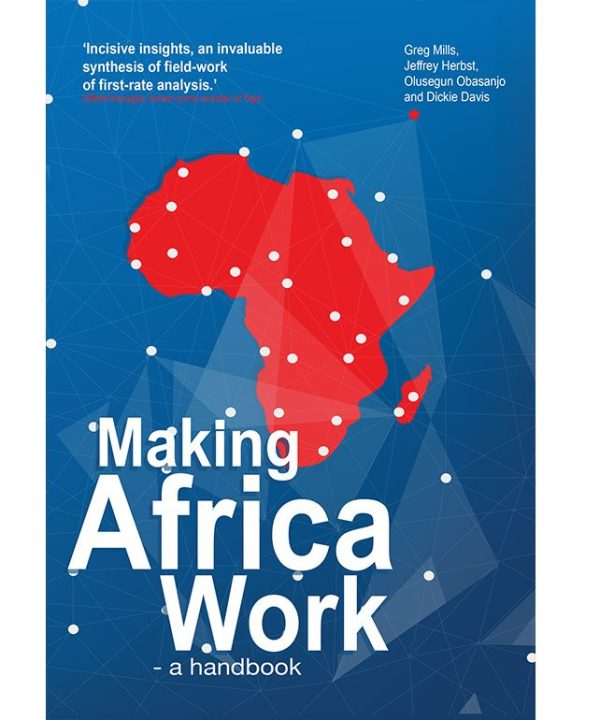
Reviews
There are no reviews yet.